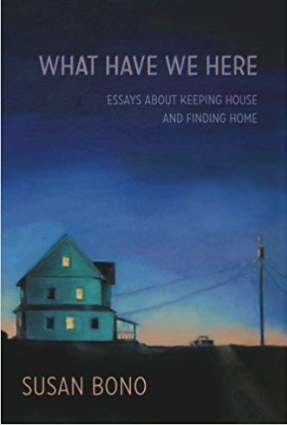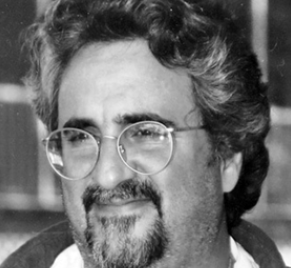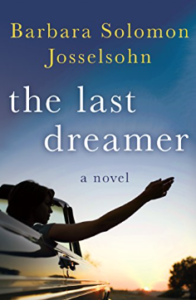“The personal essay begins as an act of exploration. We write in order to figure out where we’re going and make sense of where we’ve been.” — Susan Bono

Susan Bono is an extraordinary writer whose words go right to the heart. You can read her excellent writing in her collection of short essays in
What Have We Here: Essays about Keeping House and Finding Home.
Susan is a writing teacher and freelance editor specializing in memoir. She facilitates writing workshops at Copperfield’s Books in Petaluma. California.







